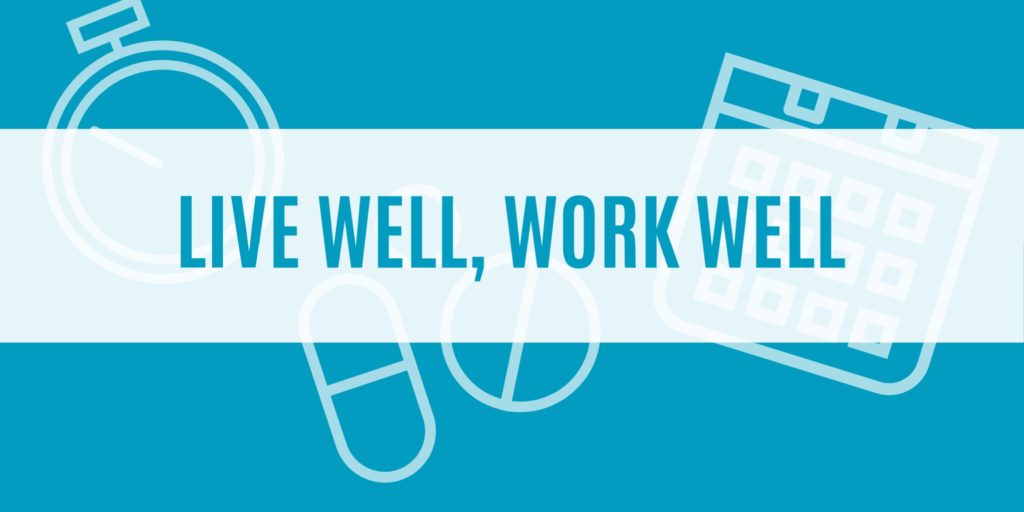29 Apr FDA and CDC Recommend Resuming Distribution of Johnson & Johnson Vaccine
[wpseo_breadcrumb]
On April 13, the agencies recommended a pause on the J&J one-dose vaccine after reports of six cases of a rare and severe type of blood clot in individuals following administration of the vaccine. Reports of adverse events following the use of the J&J vaccine suggested an increased risk of a rare adverse event called thrombosis with thrombocytopenia syndrome (TTS). Nearly all reports of this serious condition, which involves blood clots with low platelets, have been in adult women under the age of 50.


 In a
In a  Live Well, Work Well - September 2020
Live Well, Work Well - September 2020
